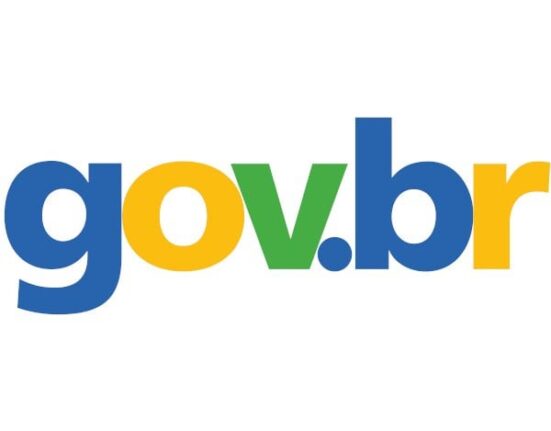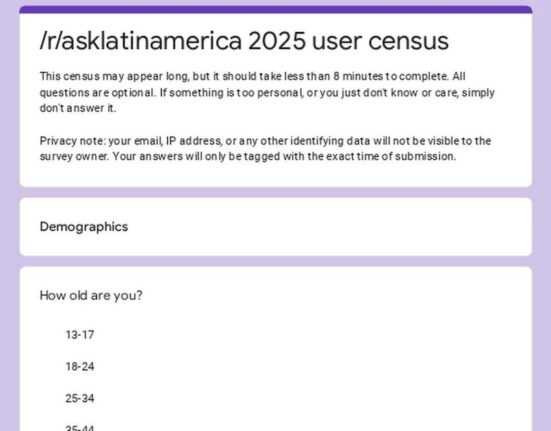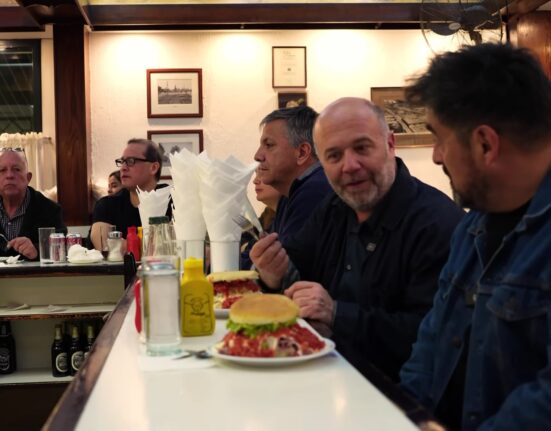Pope Leo XIV’s recent focus on the challenges posed by artificial intelligence has sparked a conversation among religious leaders about the role they can play in shaping the development of this rapidly advancing technology. In a nod to the potential of AI to bring about both great advancements and potential dangers, the Pope emphasized the need for responsible acceleration of AI innovation. This call to action was echoed by Protestant American Evangelical leaders in an open letter to President Donald Trump, emphasizing the importance of developing AI tools for positive impact while cautioning against the risks of uncontrolled, super-intelligent machines.
Leo XIV’s decision to name himself in honor of his predecessor, Leo XIII, known for addressing societal issues during the first industrial revolution, underscores the continuity of the Church’s engagement with technological progress. The Pope highlighted the relevance of the Church’s social teachings in response to the current industrial revolution driven by AI advancements. This aligns with a broader trend within the Catholic Church, where discussions around technology, AI, and societal challenges have been ongoing.
Paolo Benanti, a priest with expertise in engineering who has advised the Vatican and the Italian government on technology matters, emphasizes the potential of AI to bring about significant positive change, particularly in healthcare. However, he also warns of the risks associated with the misuse of AI, drawing parallels with historical instances where technology has been weaponized. The need for an “algor-ethics” framework to govern AI development, as advocated by Pope Francis, aims to ensure that human dignity is safeguarded and unique individual stories are respected in the face of automated decision-making processes.
The intersection of AI with labor and human value is a critical concern raised by religious leaders and experts alike. The concept of “human-compatible AI innovation” emphasizes the importance of preserving human agency and creativity in a world increasingly influenced by technology. Reverend Johnnie Moore underscores the dangers of individuals assuming godlike powers through technological advancements, emphasizing the need for ethical guidance rooted in religious wisdom to navigate the evolving landscape of AI.
While Pope Leo XIV and Christian leaders acknowledge the new challenges AI presents to human dignity and justice, Evangelical leaders go further in highlighting the existential risks associated with unchecked AI development. Quoting tech industry figures, they stress the urgency of mitigating these risks to prioritize human well-being over technological progress. By drawing on the accumulated wisdom of religious traditions, these leaders advocate for a thoughtful and ethical approach to AI governance that prioritizes human values and safety.
In a rapidly advancing technological landscape, the voices of religious leaders serve as a reminder of the ethical considerations that must underpin innovation. As society grapples with the implications of AI on various aspects of life, the dialogue initiated by Pope Leo XIV and Christian leaders underscores the importance of a collective, values-driven approach to harnessing the potential of artificial intelligence while safeguarding human dignity and well-being.









Leave feedback about this